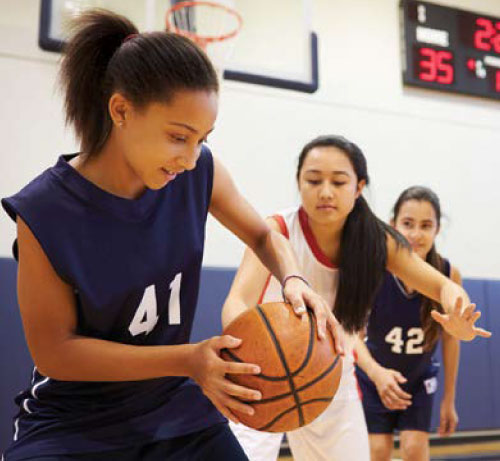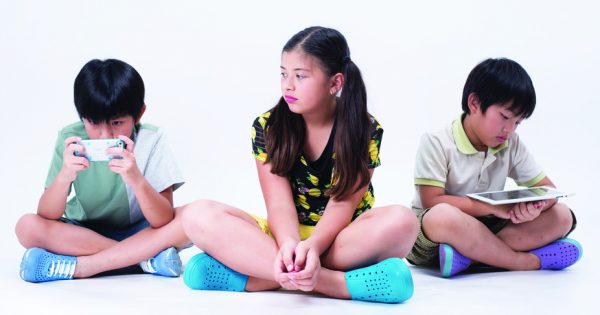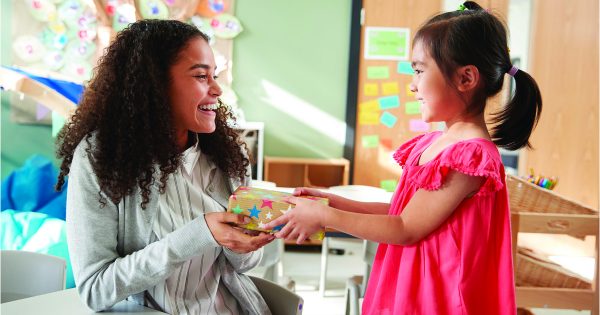Social skills are an important, yet often neglected, skillset that every teen needs in order to grow into a healthy and productive adult. As parents, you are their first social skills teacher. While many aspects of a teen’s social skills can be attributed to a child’s innate ability, both circumstances and his environment play a large role in building his social skills.
However, awareness of the importance of social skills has been increasing in recent years. Without doubt, better social skills give your child a significant advantage in life. Benefits include better and more positive relationships, improved extra-curricular performance, greater self-esteem, better self-image, and are generally more resilient to life’s challenges.
Building Social Skills
Social skills can be described as the skills of interacting and communicating with other people. Here are some basic social skills that are increasingly forgotten in the digital age:
- Eye contact: This is a powerful social skill that works in any social setting. With so many distractions in the form of smartphones, tablets, etc., it is all too easy to lose your focus when talking to someone. Put aside any digital gadgets during conversations, you can always get back to it after your conversation is over. However, do moderate the amount of eye contact. Too much will either come across as intense or creepy, while no eye contact conveys a lack of interest; bear in mind that there is no such thing as a perfect amount of eye contact, so it will depend on the situation. For instance, if your teen gives a presentation to his class, eye contact can be random and not focused on only one person.
*Important note: exercise your discretion as direct eye contact depends on cultural biases. For instance, it may be considered rude for a much younger person to stare right into an elder’s eyes (it may be deemed disrespectful or challenging the elder’s authority).
- Tone of voice:While the content of what is said is important, the manner in which it was spoken plays an even bigger role. Take the word “Yes” as an example. With the right intonation, it can be made to sound like an answer “Yes!”, uncertainty “Ye-es..” or even a question “Yes?”. So pay attention to how you speak as it forms the core of verbal communication.
- Body language:Visual cues provide us with a lot of input when communicating with someone. Facial expressions and body positioning forms the basis for most non-verbal communication and being unaware of them can lead to miscommunication, e.g. reading a book or watching TV while talking to someone gives the impression that you are not interested in what they are saying. Similarly, sitting with arms folded and legs crossed also give the impression that you are not interested in talking, even though in reality you may just be cold and are trying to stay warm!
Other Important Skills
In addition to the points highlighted earlier, you should be his role model by ensuring that you practise the following skills with your teen, such as:
- Active listening: rather than just relying on your sense of hearing, this skill actively shows that you are focused on the conversation. Here, you focus your attention on the speaker and let him do most of the talking. It involves the following aspects:
– give him your full attention (maintain eye contact) and also watch his body language.
– let him talk without interrupting him (ask questions later or during a lull in the conversation).
– encourage him to continue using verbal cues (e.g. “I see”) or non-verbal cues (e.g. nodding your head).
– When he has finished talking, respond appropriately. - Speak assertively, not aggressively: Be assertive when stating your opinions but also be respectful of the opinions or thoughts of others. Attacking or ignoring other people’s opinions in favour of your own is aggressive. Being assertive is the result of selfesteem and self-confidence, so it would greatly benefit your teen if he can pick up this skill. Remember to stress the importance of respect and politeness at all times. There is absolutely no reason to have to resort to putting another person down just to get your point across.
Prepping for the Real World
These are just some ways that you help your teen improve his social skills. Other methods include getting him involved with volunteer work in the community (which is excellent for building empathy and social interaction) and also team-based sports (this has the added bonus of helping boost his physical activity level as well) such as football, futsal, or hockey to name a few.
These activities all help build his social skills, especially those related to teamwork and problem solving. There will also undoubtedly be conflicts that need to be resolved, which also provides him with good exposure to the realities of adulthood.
Lastly, don’t forget that you are your child’s role model so be sure to communicate with him in the manner that you want him to emulate. Remember that this includes the way that you communicate with other people as well!.
An educational contribution by Malaysian Paediatric Association.








Comments